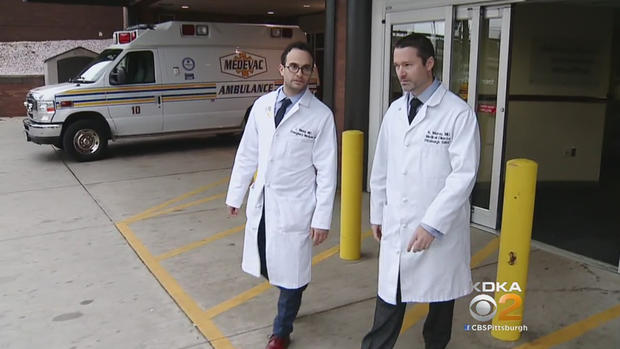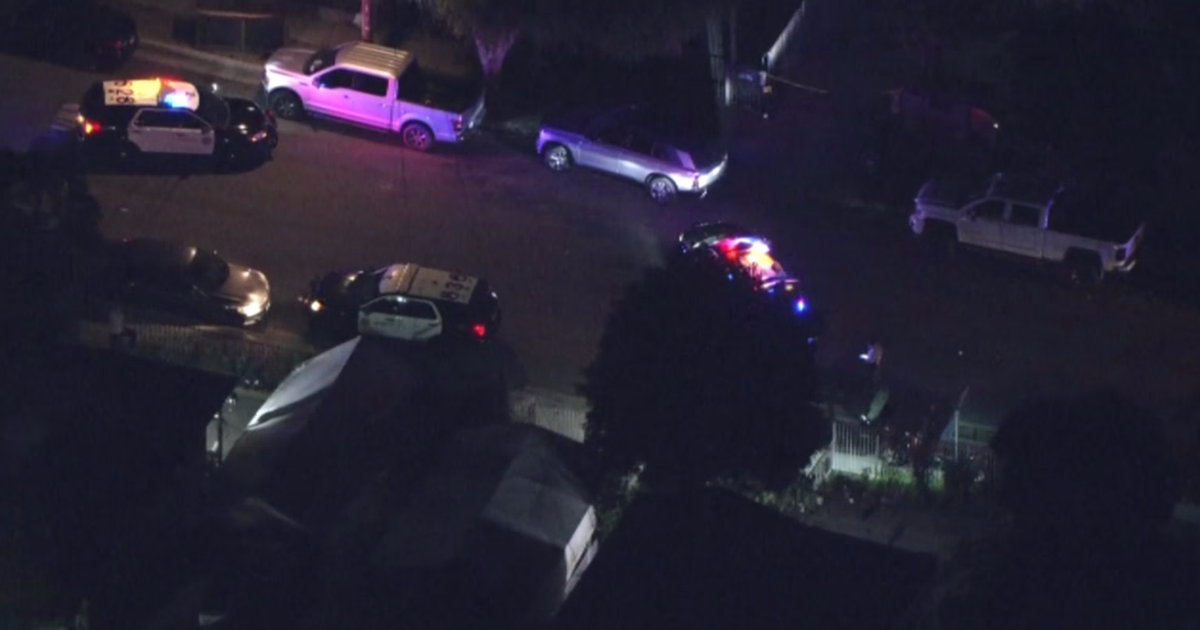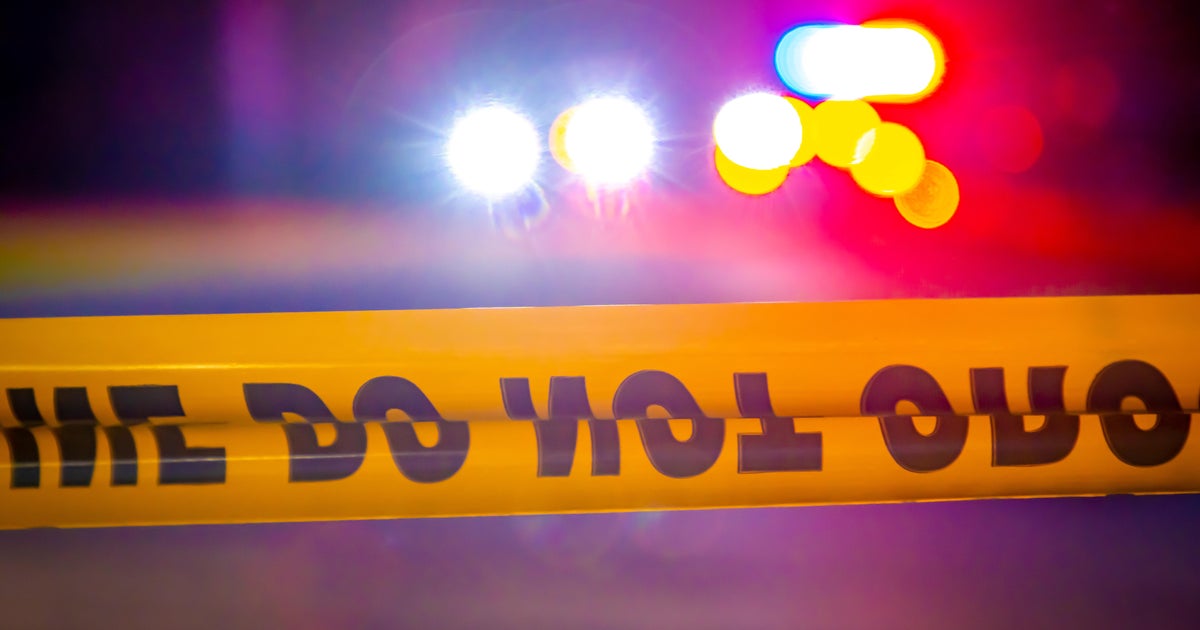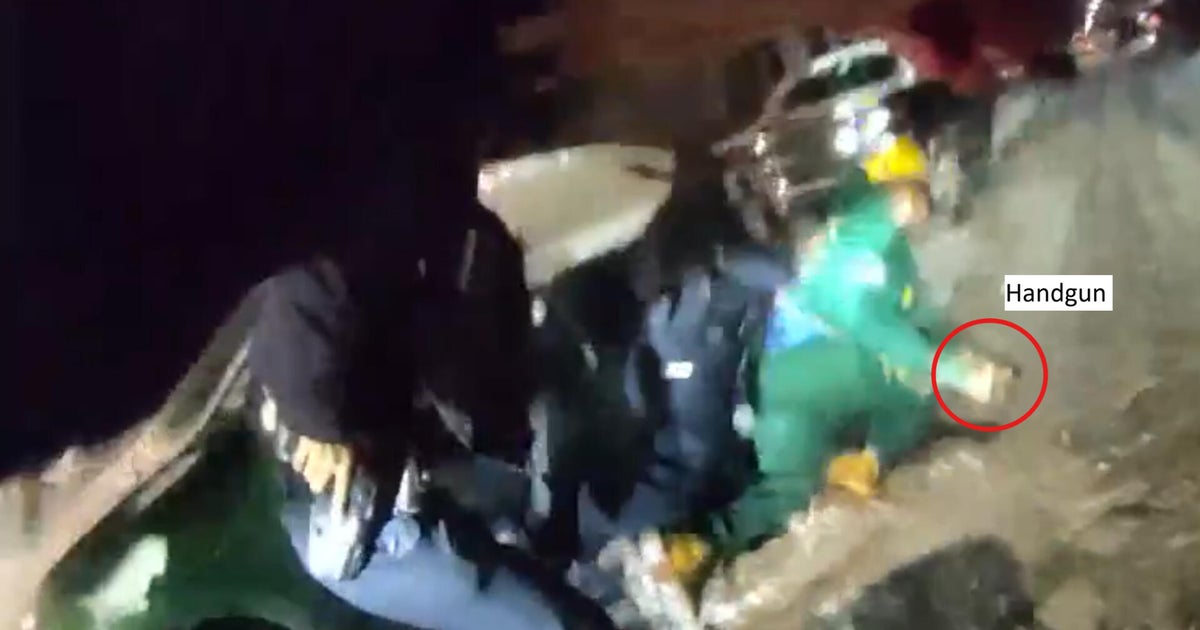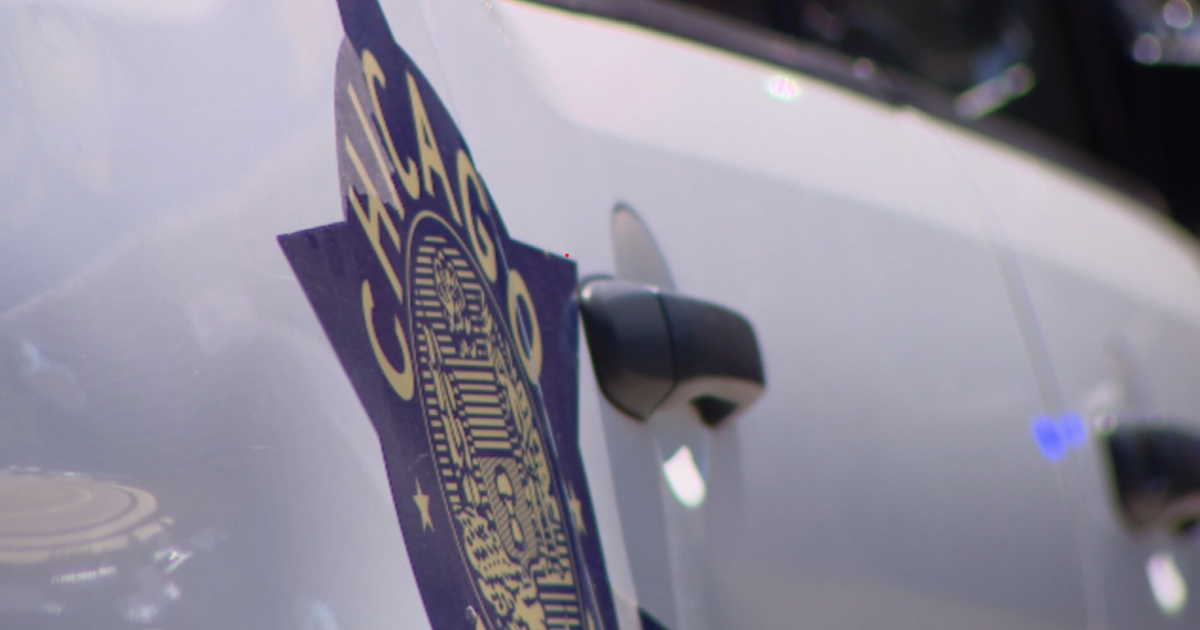Physician Response Program Credited With Saving Lives At Pittsburgh Synagogue Shooting
Follow KDKA-TV: Facebook | Twitter
PITTSBURGH (KDKA) -- Those first images from the scene of the mass shooting at Tree of Life Synagogue show a massive response by police, fire, SWAT teams and paramedics.
But many people do not know about the City of Pittsburgh's Physician Response Program, a team of highly-specialized medical professionals who treat victims on the scene, and even suit up with the SWAT teams and go directly into the line of fire.
RELATED STORIES:
- 11 Dead, Several Others Shot At Pittsburgh Synagogue
- Victims In Pittsburgh Synagogue Shooting Identified
- Shooter Yelled 'All Jews Must Die' As He Opened Fire At Pittsburgh Synagogue
- DA Files Criminal Homicide Charges Against Pittsburgh Synagogue Shooting Suspect
- 'Just Stop The Hate': Thousands Flock To Soldiers & Sailors Memorial Hall For Pittsburgh Synagogue Shooting Vigil
- Steelers Hold Moment Of Silence, React To Synagogue Shooting
- Penguins Cancel Halloween Themed Night, Will Hold Collection To Benefit Victims Of Synagogue Shooting
- More related stories
Dr. Leonard Weiss is the Assistant Medical Director for Pittsburgh EMS. He, too, is Jewish and lives right next door to the synagogue.
"I was at home and I heard a lot of noise that I soon realized to be automatic gunfire," Weiss told KDKA's Kym Gable. "It was unsafe for us to progress into that zone until they pulled the patients out."
Meanwhile, a tactical EMS team was suiting up. Dr. Keith Murray heads up that unit as the medical director for Pittsburgh SWAT.
"The minute an active shooter event starts, I find a couple of my SWAT guys and I go in directly with them," Murray said. "We were on, I guess, the second-floor landing. We were creating a CCP, casualty collection point, in anticipation that either we were going to get some injuries or that we were going to injure the actor, and at that point, that's when we did actually start to hear gunfire and we got an officer down radio transmission, which is something you never want to hear. ... He was one of the ones who was critically injured that we had to actually pull out of the fight and transport to Presbyterian Hospital."
Two physicians are still processing the magnitude of what happened and the role they had in helping as many victims as possible.
